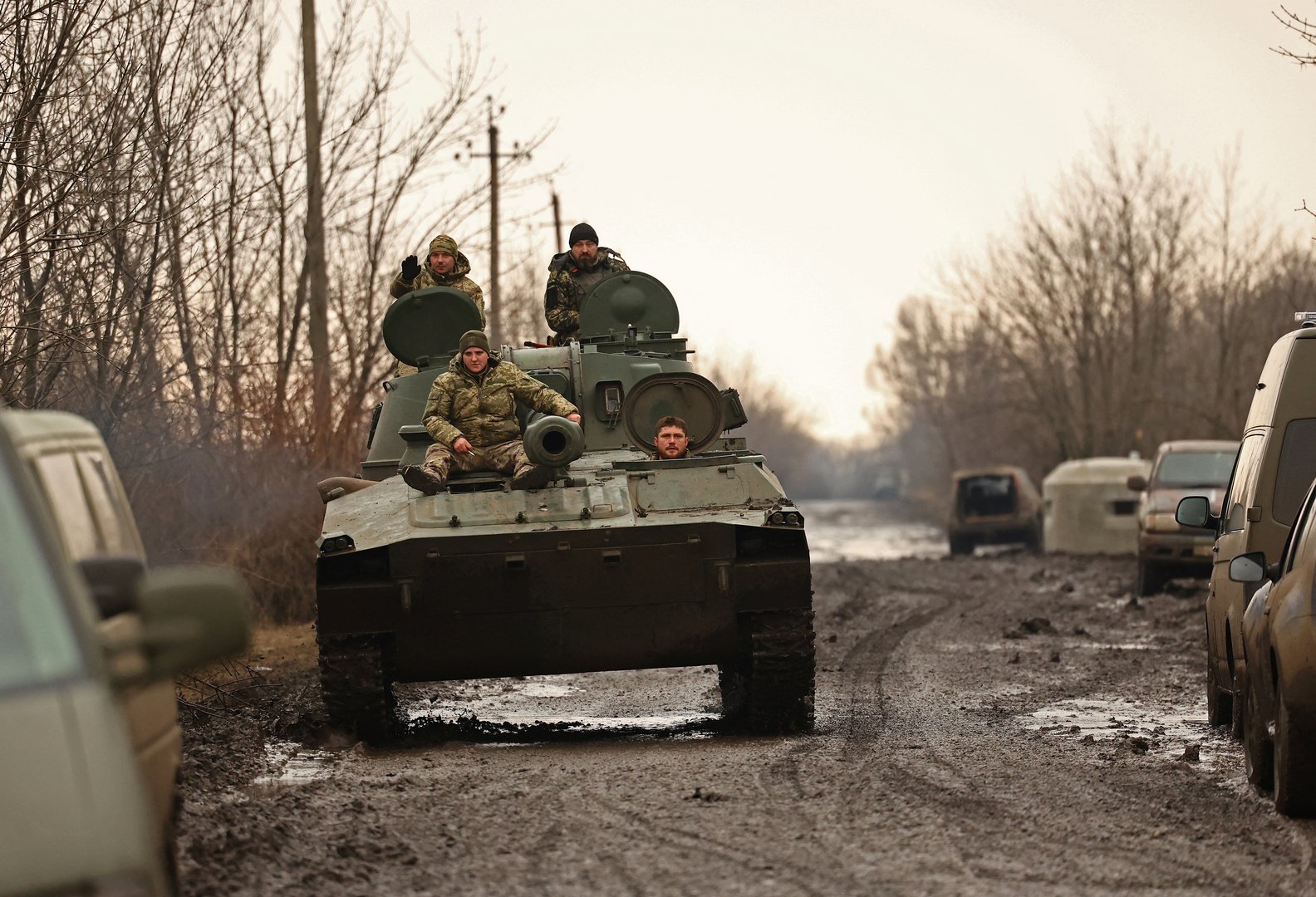However unpalatable talks might be for the Ukrainian side, a continuation of the war only benefits the aggressor
By Theo Kyriacou
Images of dead bodies strewn across streets as far as the eye could see, of petrified refugees reaching safety in countries near and far, there is no denying that the war in Ukraine has brought untold suffering to the people of the country.
Estimates of civilian casualties do vary. The Ukrainian government has talked of tens of thousands, the US general Mark Milley cited a figure of 40,000, and the UN OHCHR’s figure is just over 7,000 – the UN agency does not consider figures given by parties to the conflict as reliable. Whatever the true figure is, the sheer scale of the devastation may, sooner rather than later, convince the warring sides of the need to negotiate and arrive at a settlement.
But for this to happen there must be a meeting of minds not just between Russia and Ukraine, but between the widely differing political narratives that together make up Ukraine’s body politic, and between the West and its allies on the one hand and the rest of the international community on the other. For the war has brought to the fore fundamental differences over who is to blame.
The US and its western allies have placed the blame firmly at the door of the Russian Federation. They say that Russian troops entering Ukraine represents a gross violation of the UN charter and a serious encroachment on a country’s sovereignty and territorial integrity – a view that few would disagree with. The argument put forward is that the war will stop, and talks will begin once Ukraine is close to regaining all, or nearly all, its pre-2014 territories.
A number of other countries however have interpreted events in a slightly different, arguably more nuanced way. The Brazilian leader, Lula da Silva, whilst condemning the Russian invasion, has asked rhetorically, ‘Is it because of Nato? Is it because of territorial claims? Is it because of entry into Europe? The world has little information about that’. Lula has even put forward the idea of creating a club of non-aligned (read non-Nato aligned) states to counter any threats of war whatever their origin and wherever they break out.
US invasions of Iraq, Libya and the former Yugoslavia, Haiti and Panama, alongside Russia’s more recent invasion of Ukraine, are probably what the Brazilian leader had in mind when he laid out his proposal. South Africa’s President, Cyril Ramaphosa, was more forthright when last year he said: ‘War (in Ukraine) could have been avoided if Nato had heeded warnings from its own leaders, that Nato expansion would lead to greater, not less, instability in the region’.
The views of Lula and Ramaphosa are by no means confined to the so-called global south. The people of Cyprus in their majority have long been sceptical of Nato given the rather unsavoury role Turkey, Greece and the UK (all Nato member-states) played in subverting the island’s democratic institutions in the post-independence period. The publics in Greece and Turkey are no less critical if recent opinion polls are anything to go by, and the withdrawal of France from Nato’s military command structures in the mid-60s-only returning to the fold some three decades later, is also telling. The then French President, Charles de Gaulle, saw in Nato a US dominated organisation created to further America’s strategic interests in Europe and around the globe. De Gaulle was no Moscow stooge.
Just a month after the Russian invasion of Ukraine the BBC interviewed Ibrahim Kalin, an advisor to Turkish President, Recep Tayyip Erdogan, about the prospects of peace in Ukraine – ironic, many would say given Turkey’s record of territorial conquest vis a vis its (part) occupation of neighbouring Cyprus and Syria. As an intermediary in talks between Russia and Ukraine, Erdogan had earlier engaged in a conversation with President Vladimir Putin who outlined Russia’s key demands for a peace deal. The first four: that Ukraine should adopt a neutral status in exchange for security guarantees, that Ukraine should undergo a disarmament process, that there should be protection for the Russian language (widely used in large parts of Ukraine, including the capital), and that there should be de-Nazification. In short, confronting xenophobic, ultra-right groups connected to the war time Nazi collaborator, Stepan Bandera, would not be too difficult for Ukraine to meet, according to Kalin. Beyond these were Russia’s other, more contentious, demands, chief amongst them ceding parts of eastern Ukraine and Crimea to Russia. No self-respecting Ukrainian leader would readily accede to these, especially the first.
Yet, the alternative to dialogue, however unpalatable talks might be for the Ukrainian side, is a continuation of a war which will not lead to the resounding victory that the hawks both inside and outside Ukraine and Russia crave for. Rather it will make the achievement of a just peace that much more difficult. For as time passes the kind of peace proposals that will be put on the table will have much less to do with justice and much more to do with ‘accepting facts on the ground’.
And this usually benefits the aggressor, as the people of Cyprus know all too well.







Click here to change your cookie preferences